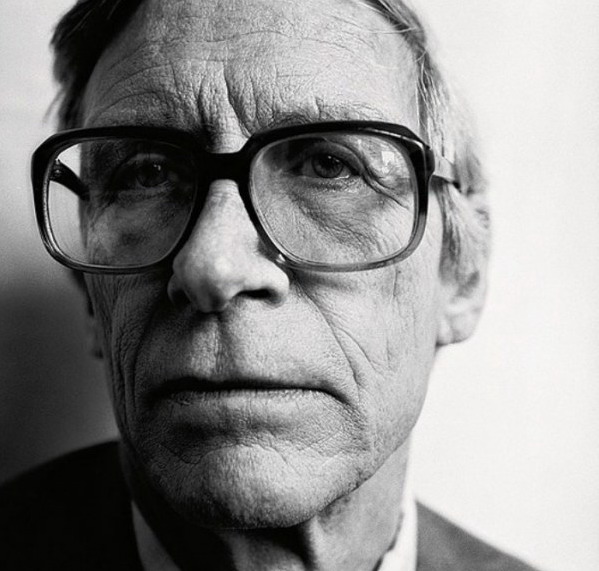Just design
In the past years, the design community witnessed the development of several design approaches based on inclusivity. Designers who adopt these approaches ensure that their products and services address the needs of the widest possible audience, irrespective of age or ability. Characteristic of these approaches is their utopian character, the fact that it is impossible to really design for “everyone”, and that there will always turn out to be somebody whose perspective has not been taken into account. This feature of inclusive design is clearly acknowledged, and even advanced as a determinative characteristic. The project investigates what this utopian character implies for design practice. For if inclusive design taken literally is an unattainable goal, the question arises how designers can be fair to users, in particular to those at older age or living with an impairment. The project starts from the definition of justice according to John Rawls’ principles and applies this to inclusive design. In this way it seeks to make the political implications of design theory explicit, while extending the domain of justice to the realm of design practice.
Publications
- Heylighen, A., Bianchin, M. (2021). How Design Materializes Conceptions of Justice in the Built Environment. Presentation at EDRA52 Detroit - Just Environments: Transdisciplinary Border Crossing
Heylighen, A., Bianchin, M. (2020). Inclusive design as a deliberative enterprise: The multifold value of involving disabled people in design. In: Socially Engaged Design (SED2), (1-11).
Buwert, P., Bianchin, M., Heylighen, A. (2020). Exploring philosophical devices for thinking about ethics in socially engaged design: Reflections on a workshop. In: Socially Engaged Design (SED2), (1-11).
Heylighen, A., Dong, A. (2019). To empathise or not to empathise? Empathy and its limits in design. Design Studies, 65, 107-124.
- Bianchin, M., Heylighen, A. (2018). Just design Design Studies, 54, 1-22.
- Heylighen, A., Bianchin, M. (2018). Building justice: How to overcome the inclusive design paradox? Built Environment, 44 (1), 23-35.
- Bianchin, M., Heylighen, A. (2018). Ethics in design: Pluralism and the case for justice in inclusive designDesign Research Society 2018 Catalyst. Limberick, 25-28 June 2018.
- Bianchin, M., Heylighen, A. (2017). Fair by design. Addressing the paradox of inclusive design approaches. The Design Journal, 20 (sup1), S3162-S3170
Context
- Funding Agency: Academia Belgica, KU Leuven, KU Leuven Research Fund
- Principal Investigator: prof. Ann Heylighen, prof. Matteo Bianchin

